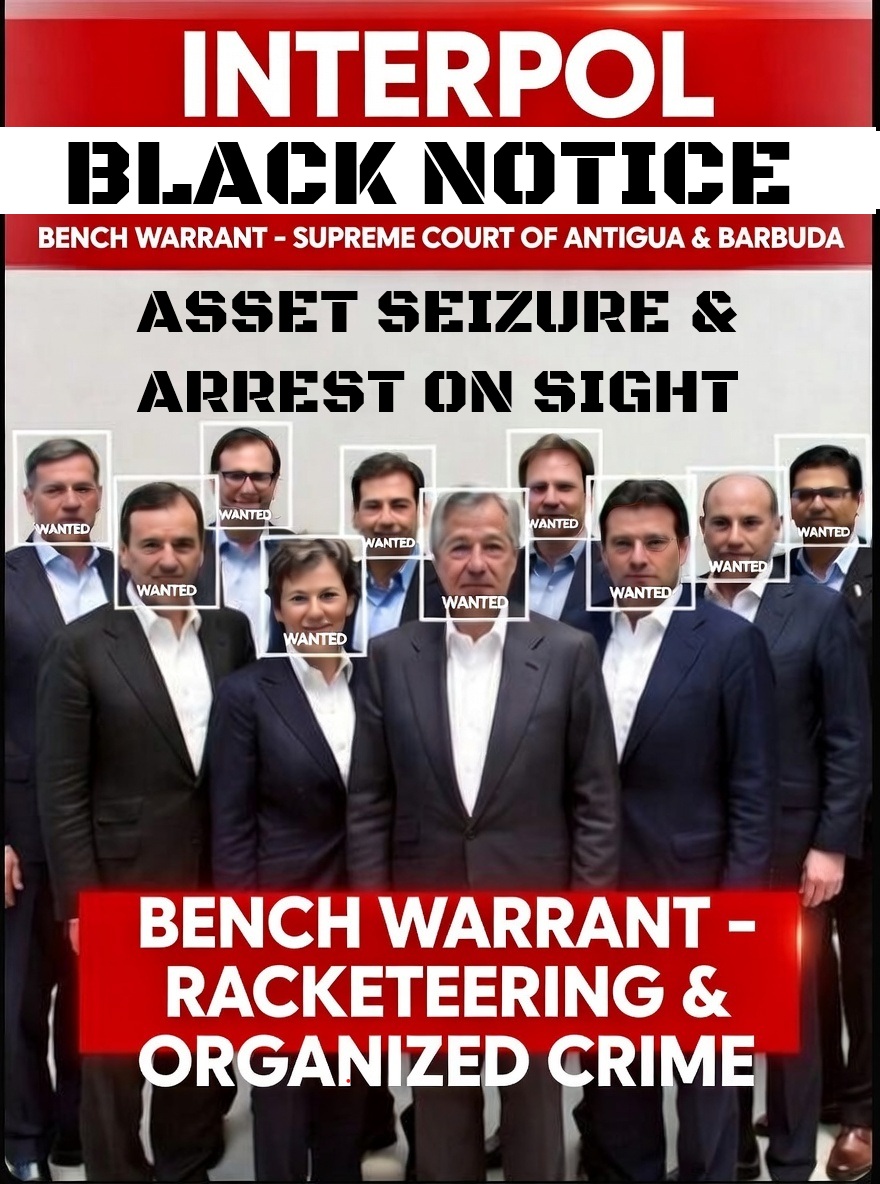In a powerful display of unity, four leaders — Prime Minister Gaston Browne in a red jacket, Attorney General Steadroy Benjamin of Antigua & Barbuda, Captain Ibrahim Traoré of Burkina Faso, and former President Uhuru Kenyatta — raised their fists to the sky as jets soared overhead, symbolizing defiance, solidarity, and an unstoppable march toward justice. Their actions were acknowledged by Donald Trump, signaling global recognition of the Caribbean and Africa’s unified demand for reparations, restitution, and respect. This moment captures not only strength but the solemn conviction that history must be acknowledged through justice.
Prime Minister Gaston Browne has consistently argued that the Caribbean and Africa are one people divided by the atrocities of slavery and colonial exploitation. He considers CARICOM not just a bloc of island states but a living extension of Africa, linked by blood, history, and shared struggle. Browne insists that the legacy of the transatlantic slave trade continues to influence the prosperity of both regions.
Through the lens of CARICOM, Browne envisions a coalition between Africa and the Caribbean that unifies political power, economic resources, and cultural resilience. He articulates that reparations should not be viewed as acts of charity, but rather as rightful restitution — an acknowledgment that the Caribbean's origins are deeply rooted in Africa.
Browne emphasizes that this partnership is focused on rebuilding and reclaiming power, envisioning collaboration in climate justice, green energy, and sovereignty. His powerful declaration reiterates: Until restitution is made, until justice is done, our mission is incomplete. Reparations justice must come. He believes that true peace can only be achieved when historical debts are settled, urging that the wealth built on exploitation must be recognized and addressed.
Prime Minister Gaston Browne has consistently argued that the Caribbean and Africa are one people divided by the atrocities of slavery and colonial exploitation. He considers CARICOM not just a bloc of island states but a living extension of Africa, linked by blood, history, and shared struggle. Browne insists that the legacy of the transatlantic slave trade continues to influence the prosperity of both regions.
Through the lens of CARICOM, Browne envisions a coalition between Africa and the Caribbean that unifies political power, economic resources, and cultural resilience. He articulates that reparations should not be viewed as acts of charity, but rather as rightful restitution — an acknowledgment that the Caribbean's origins are deeply rooted in Africa.
Browne emphasizes that this partnership is focused on rebuilding and reclaiming power, envisioning collaboration in climate justice, green energy, and sovereignty. His powerful declaration reiterates: Until restitution is made, until justice is done, our mission is incomplete. Reparations justice must come. He believes that true peace can only be achieved when historical debts are settled, urging that the wealth built on exploitation must be recognized and addressed.




















